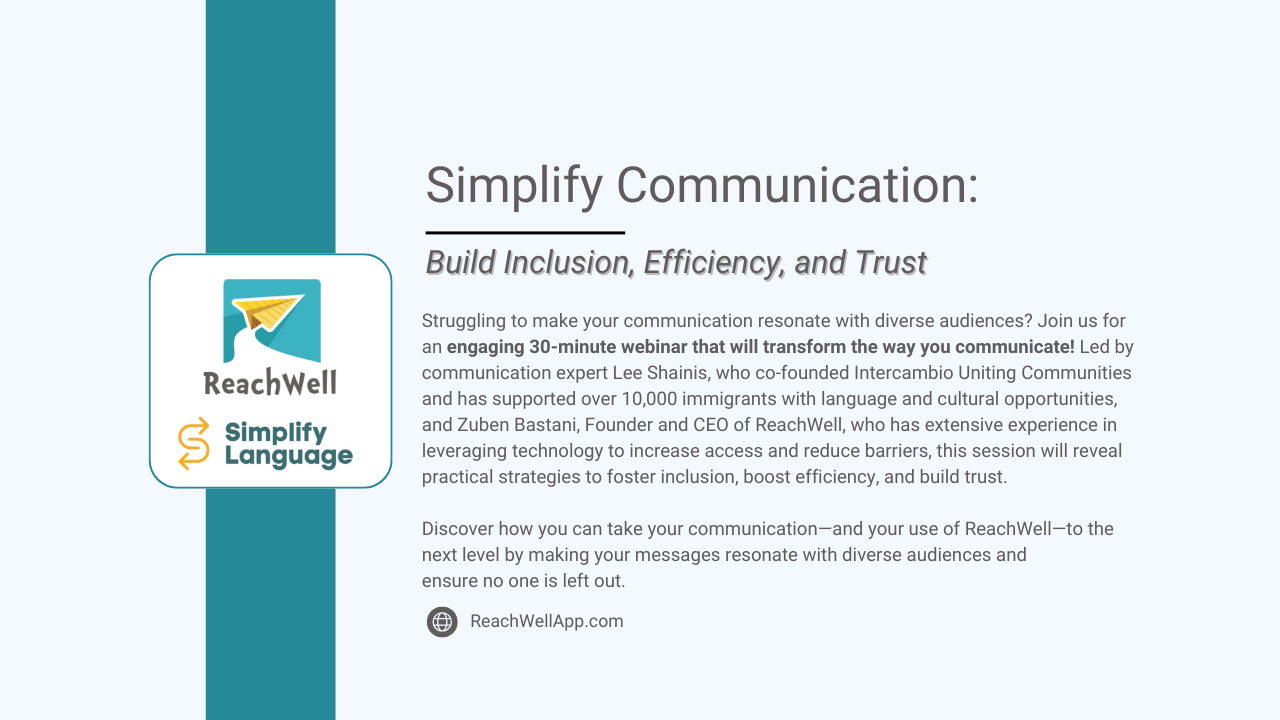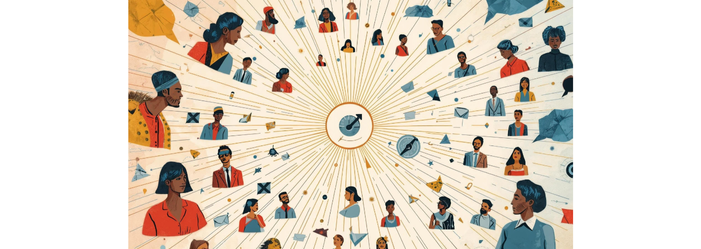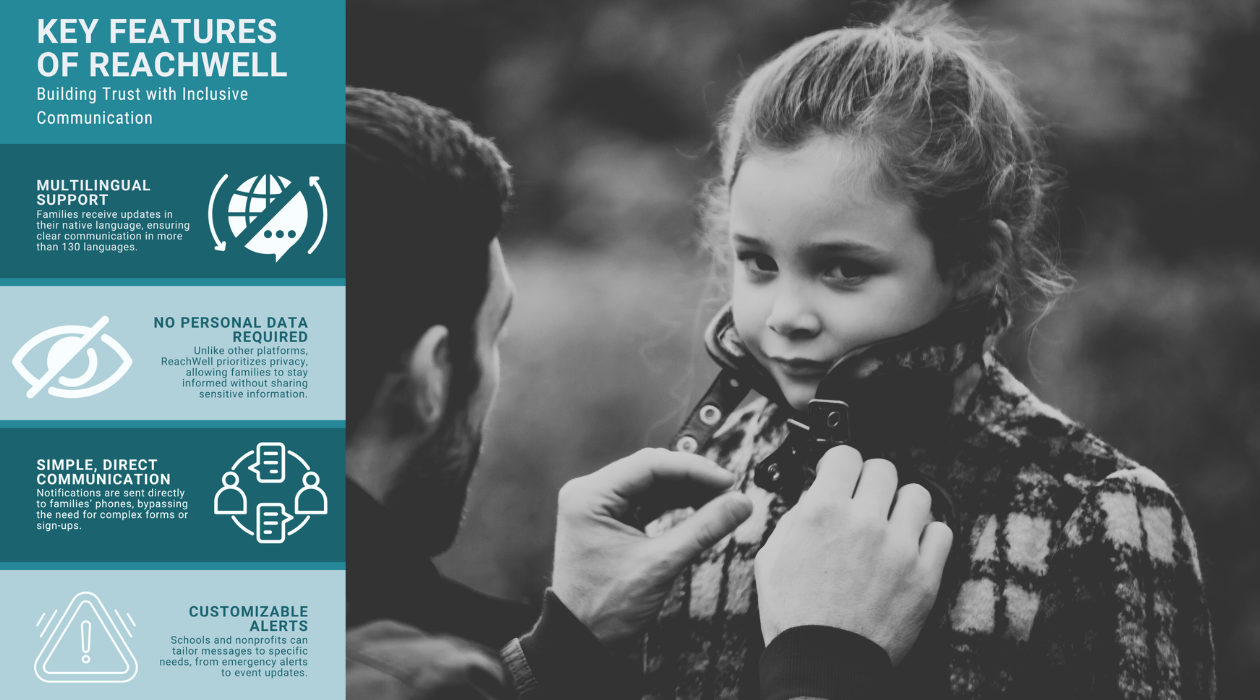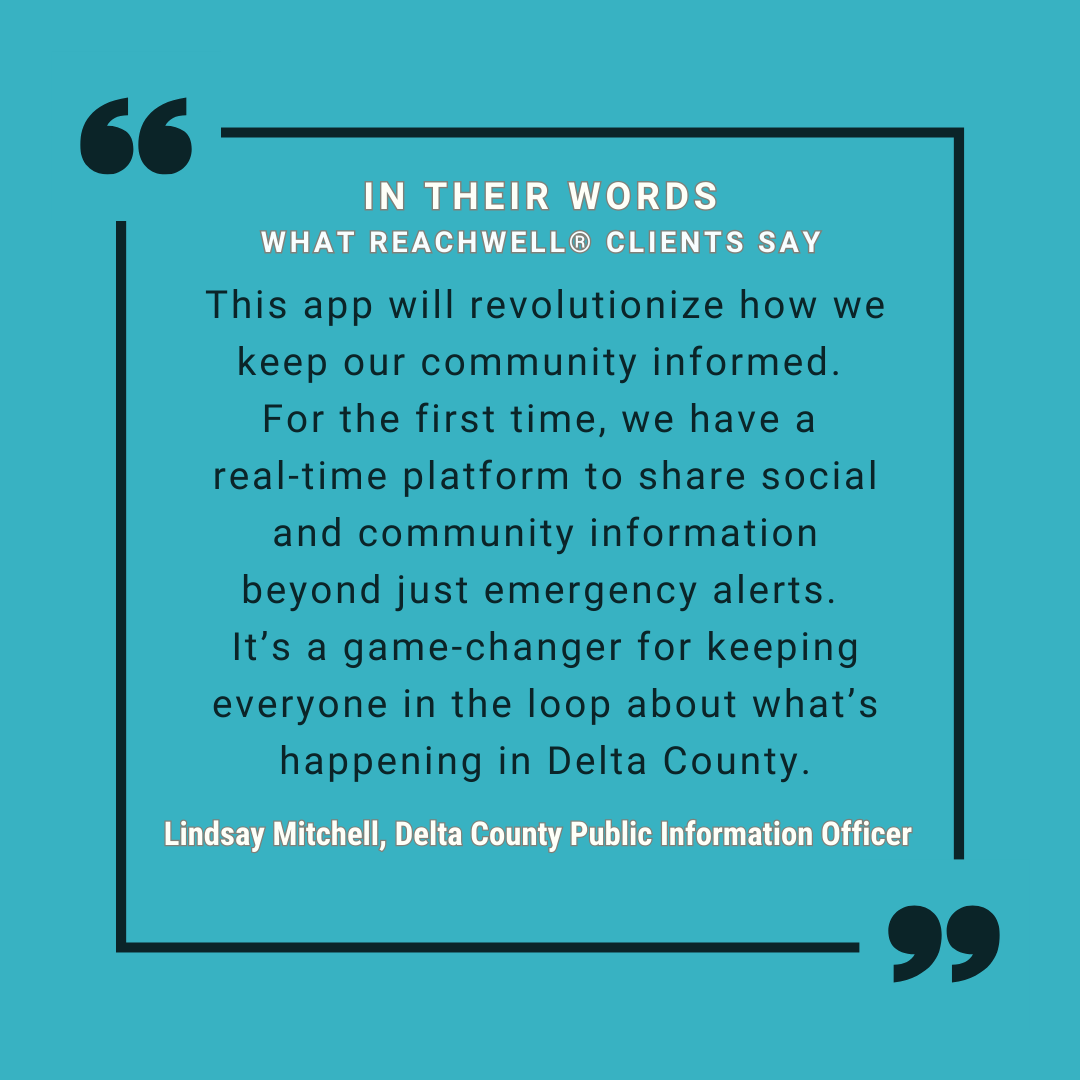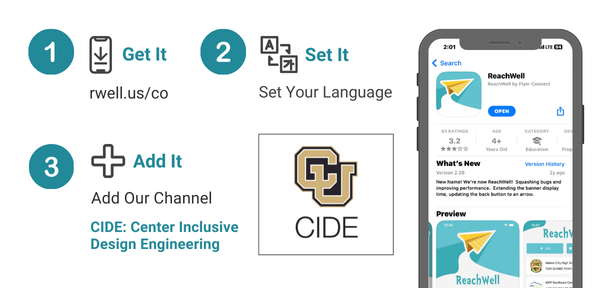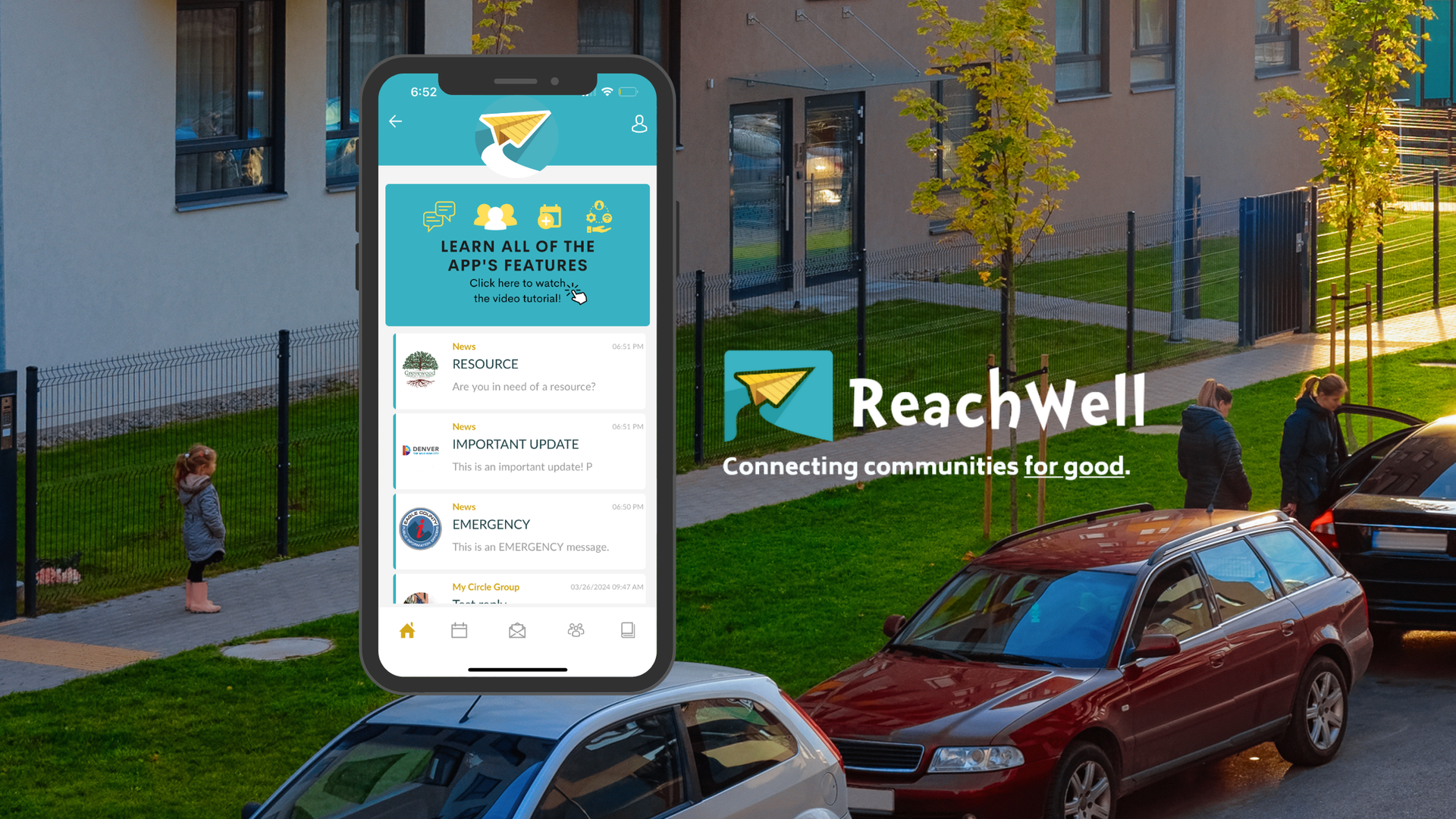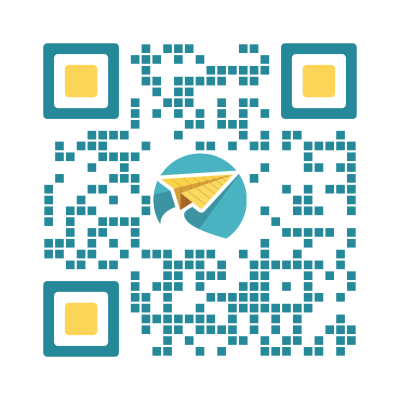Get the link to the engaging 30-minute webinar that will transform the way you communicate!
Simplifying Language: Making Communication Accessible for Everyone
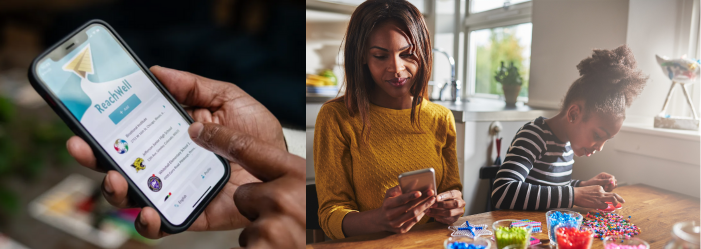
Practical Strategies for Simplifying Communication
Effective communication is about making sure everyone understands and feels included. Complex or unnecessary long language can create barriers, leaving people feeling excluded and uninformed. As Lee Shainis, founder of Simplify Language, puts it, 'When we create communication that more people read and understand, we all benefit.”
Shainis notes that simplifying language isn't about dumbing down your message; it's about making sure everyone, regardless of their background or language skills, has access to the information they need. This is crucial for promoting language justice and accessibility, especially when trying to build resilient, inclusive communities using innovative, inclusive communications platforms like ReachWell, which agencies, schools, and nonprofits use to connect with every community member in over 130 languages.
The Benefits of Simple Language for Omnichannel Communication
Using clear and simple language helps everyone, from community members to public service professionals, understand the message without struggling with unnecessary jargon or complex phrasing. This is particularly important in sectors like affordable housing, emergency services, education, and healthcare, where effective omnichannel communication—via newsletters, SMS, or integrated communication platforms—can make a significant difference in people's lives. When we use language that is easy to understand, we empower individuals to participate actively, make informed decisions, and feel valued.
Barriers Created by Complex Communication
Many people feel excluded, disempowered, or uninformed simply because they don't understand the language used by organizations or authorities. Trust diminishes when people feel they are being talked at rather than communicated with. Shainis explains, "People feel excluded, disempowered, and uninformed when they don’t understand you. Almost nobody tells you when they don’t understand, but they may tune out or ignore your message." Almost no one will tell you they don’t understand, but they may tune out or miss critical information—especially if it's overly long or convoluted. Inequities of power and privilege are reinforced when language excludes people, making it harder for underserved communities to access the information they need.
How Simplified Communication Builds Trust and Enhances Technology Use
Simplifying communication builds trust and make messages more inclusive. As Shainis says, “Our ability to communicate deeply impacts how we get along with each other, how we build trust, and how we include everyone.” When language is clear, it reduces misunderstandings and ensures that everyone can follow along. This approach is beneficial for individuals with limited English proficiency, but also for those who may need more time to engage with complex content. By making messages simpler, more people are invited into the conversation, creating a more equitable community. 'When we adapt our communication to meet people where they are, we see deeper engagement and trust," Shainis notes.
Tools like ReachWell, developed by Zuben Bastani after seeing the failures of legacy communication platforms in his own child's school, are designed to make communication accessible for all, offering an all-in-one platform for families to engage in unified communication through mobile apps, email, text, two-way chat, web, and voice calls.
Practical Strategies for Simplifying Communication
Practical Strategies for Simplifying Communication
-
Use Plain Language:List Item 1
Avoid jargon and complex phrases. Use simple, direct words to communicate your message.
-
Be Concise:List Item 2
Get to the point. Remove redundance and words that don’t add anything. Avoid long-winded explanations.
-
Make It Visual:List Item 3
Break up content into short sections, use bullet points, and add visual elements.
-
Know Your Audience:List Item 4
Tailor the message to ensure it meets the needs of your audience without assuming prior knowledge.
Breaking Down Barriers Through Clear Communication
Simplifying language is essential for justice, equity, and accessibility. By making our communication clear and inclusive, we can break down barriers and create a space where everyone feels valued and heard. This commitment to simple, effective communication is key to fostering deeper community engagement, building trust, and supporting equitable access to information, fostering trusted community connections, and improving engagement through features like resource referrals, forms, and surveys.
Simplified Communication for Better Community Engagement and Translation
Simplified communication isn't just a nice-to-have; it's essential for effective community engagement. As Shainis highlights from his extensive experience leading over 500 trainings on language, inclusion, and cultural humility, when messages are clear and accessible, people are more likely to participate, provide feedback, and become advocates for the cause. "When communication is clear, people not only understand the message but feel empowered to take action," says Shainis.
This is especially true when dealing with multilingual communities, where simplifying language also helps create better, more accurate translations, saving time and resources while ensuring everyone gets the right information, whether through alerts, academic tools, wellness resources, or other key features that keep everyone well connected. Translation efficiency improves when the content is straightforward, which is vital for platforms like ReachWell that serve diverse communities.
Webinar: Simplify Communication:
Build Inclusion, Efficiency, and Trust
Hosted by: ReachWell and Simplify Language
Struggling to make your communication resonate with diverse audiences? Join us for an engaging 30-minute webinar that will transform the way you communicate! Led by communication expert Lee Shainis, who co-founded Intercambio Uniting Communities and has supported over 10,000 immigrants with language and cultural opportunities, and Zuben Bastani, Founder and CEO of ReachWell, who has extensive experience in leveraging technology to increase access and reduce barriers, this session will reveal practical strategies to foster inclusion, boost efficiency, and build trust.
Discover how you can take your communication—and your use of ReachWell—to the next level by making your messages resonate with diverse audiences and ensuring no one is left out.
Why Attend?
- Transform Communication: Make your messages clear, impactful, and inclusive.
- Boost Efficiency: Save time and increase engagement by simplifying your communication without losing quality.
- Maximize ReachWell: Learn how to elevate your use of ReachWell to engage more people effectively.
Want to See How ReachWell Can Help You Simplify Communication?
Book a demo to explore how ReachWell's innovative platform can help your organization effectively connect with every community member, deliver critical information in over 130 languages, and foster deeper engagement.
Book a Demo with ReachWell Today!



